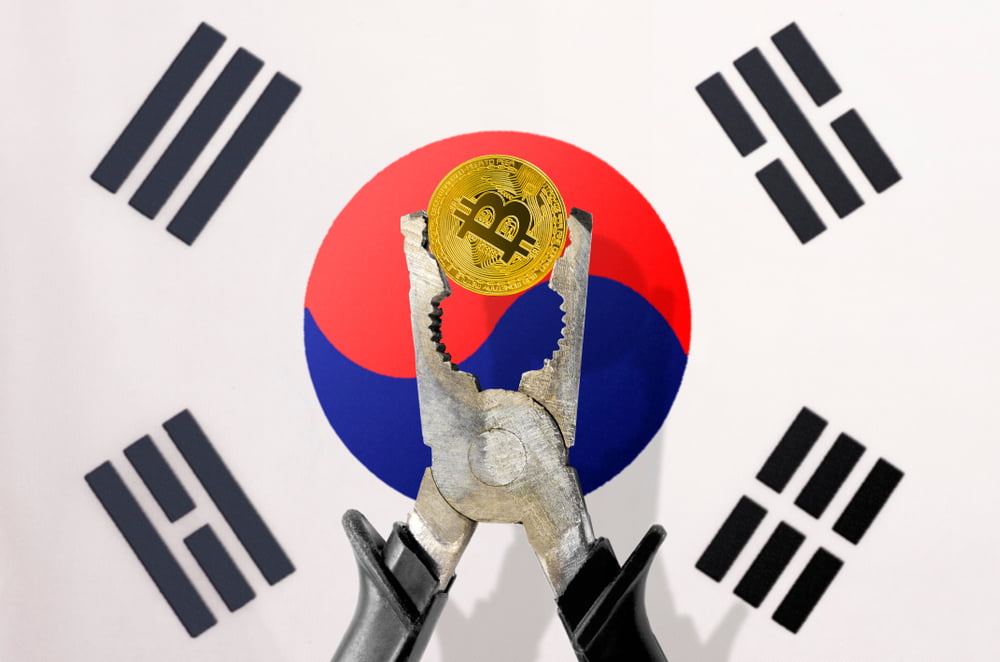It is safe to say the cryptocurrency situation in South Korea is a lot more complex than most people think. A recent string of regulations has introduced some interesting albeit positive changes to this nascent industry. Moreover, the country’s National Pension Fund plays a surprisingly big role in the future of cryptocurrency.
South Korea Won’t Benefit From Strict Regulation
Looking at things from a distance, it is evident that the cryptocurrency hype is very real in South Korea right now. Market prices are still at least 10% higher compared to the rest of the world, and that situation will not change anytime soon. Moreover, the country’s government wants to protect consumers from speculation and financial losses first and foremost. That is much easier said than done, even though the recent regulation is relatively positive, all things considered.
There is another big factor making it virtually impossible that we will ever see a cryptocurrency ban in South Korea. There was once a very real chance that the government would ban all KRW-based trading, similar to how Chinese officials decided to take the fight to Bitcoin and other cryptocurrencies. Big was most people’s surprise when that didn’t happen a few weeks ago, and it’s all due to the country’s National Pension Fund.
The South Korean National Pension Fund is a major entity which shouldn’t be overlooked. Very few people seem to be aware that this institution has a major stake in all of the big South Korean cryptocurrency exchanges, having invested billions of won in companies which are now the largest Korean exchanges in the world. All of this was done through two different venture capital funds, but the end result is the same.
As such, it is not in the best interest of the South Korean National Pension Fund to see any restrictive regulation affect cryptocurrency exchanges. This means the South Korean government must tread carefully when it comes to regulating cryptocurrency-related activities in the country. So far, there have been no negative developments in this regard, but that doesn’t mean they won’t arrive in the coming months. It will be interesting to see how much sway the National Pension Fund has in this regard.
None of this means cryptocurrency will be left untouched moving forward. After all, the government wants to protect consumers and businesses alike, even though they seemingly have no intention whatsoever of banning any cryptocurrency-related activity. Such situations can always change in a heartbeat, but for now, it seems the major exchanges in South Korea will remain unharmed. The National Pension Fund has indirectly contributed to the likes of Korbit, Bithumb, Upbit, and Coinplug.
It is also worth pointing out that South Korea possesses by far one of the biggest hedge fund markets in the world today. With over 700 such investment funds in existence, very few of them wish to be involved with cryptocurrency right now. More specifically, less than three dozen of these hedge funds have shown any interest in cryptocurrencies or service providers involved in that industry. Whether or not that situation will improve over the coming years remains to be determined.

